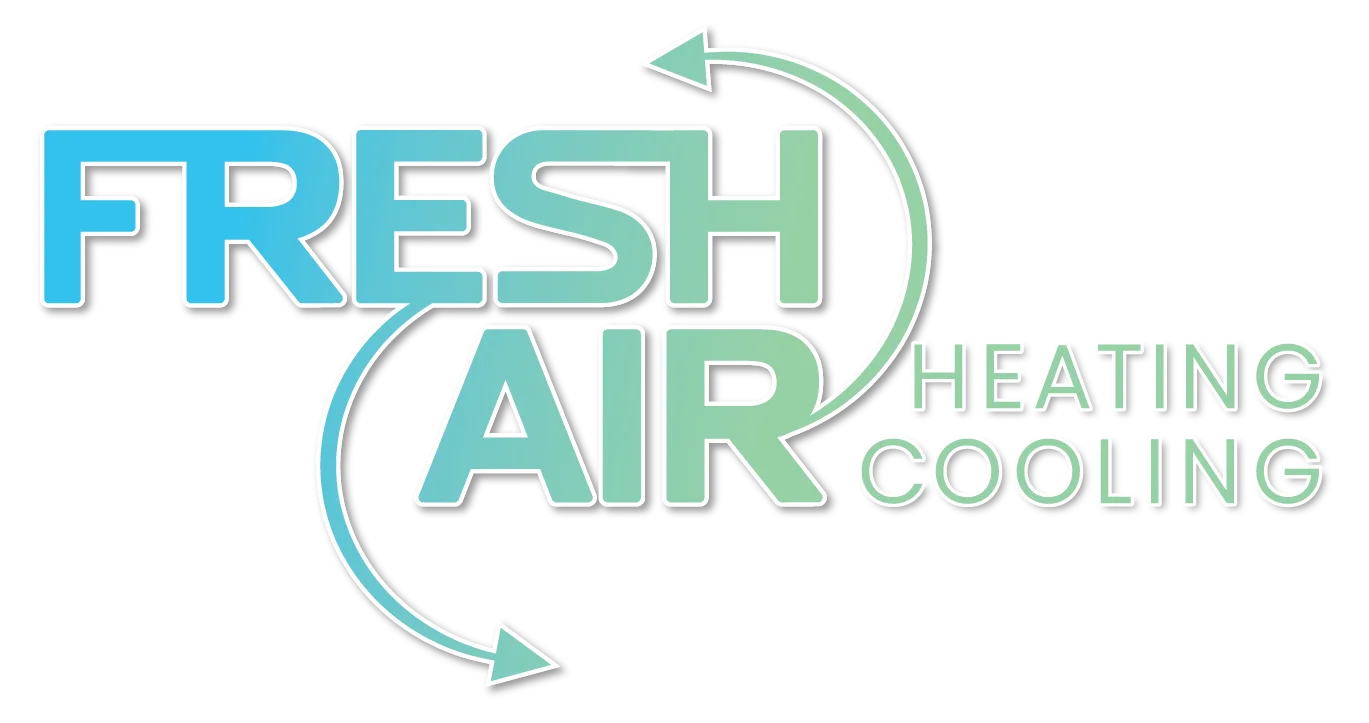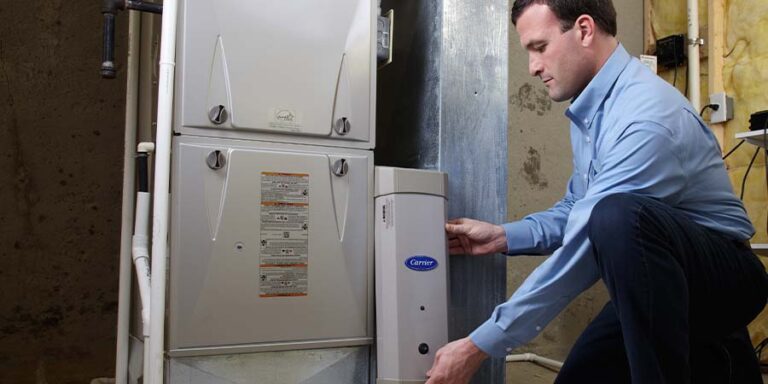Forced air heating systems, like furnaces and heat pumps, are very common. Furnaces burn gas or use electric resistance to generate new heat, while heat pumps transfer existing heat from the air outside into homes, making them incredibly efficient. While they may actually get heat into homes in different ways, there is one major similarity among these systems. They use air ducts in order to distribute heated air throughout the house. (The exception is ductless heat pumps, but that’s a different subject!)
If you use a forced air heating system, then it is vitally important that you keep a fresh air filter in that heater. Doing so allows for a number of great benefits, including helping to prevent heating repair in St. Peters, MO. While the winter weather in our area may not be setting any national records, it is definitely more than cold enough to make a dependable heating system very important. Let’s take a closer look at the air filter issue.
What Does This Filter Do?
Well, it filters the air, of course! Okay, yes, that’s the most basic answer. To really understand what this standard air filter does, however, you have to think about why it filters the air. The purpose of this filter, after all, is not really to improve indoor air quality throughout your home. More efficient, designated air filters need to be used to achieve that goal.
No, this air filter’s primary function is to protect the heater itself from the buildup of dust, dirt, and other pollutants on its various components. When dust builds up on spots like heating coils or gas delivery ports, there is going to be trouble.
What Is the Effect of a Dirty Filter?
It can vary quite a bit. If your air filter is very dirty, it may in fact contribute to subpar air quality, as air is forced around the filter rather than through it. That’s not the major concern, though.
A more immediate concern would be a drop in overall energy efficiency. Your filter may restrict airflow to a point where the system is working so hard just to distribute air that energy costs associated with running the system start to climb. That’s a very unfortunate event, and will be reflected in your energy bills.
The system may also start to short cycle if the filter is dirty enough. It can overheat, causing the system to cycle down rapidly in order to prevent damages. This in and of itself is a problem, because the starting and stopping of the system can create wear and tear that, in turn, can then lead to further problems developing. By changing your air filter every 1-3 months, depending upon the unique need in your home, you can help to keep energy costs low, performance quality high, and repair needs further minimized to protect your system, your comfort, and your budget. Contact us if you have any questions about changing your air filter.
Schedule your heating services with Fresh Air Heating & Cooling.

